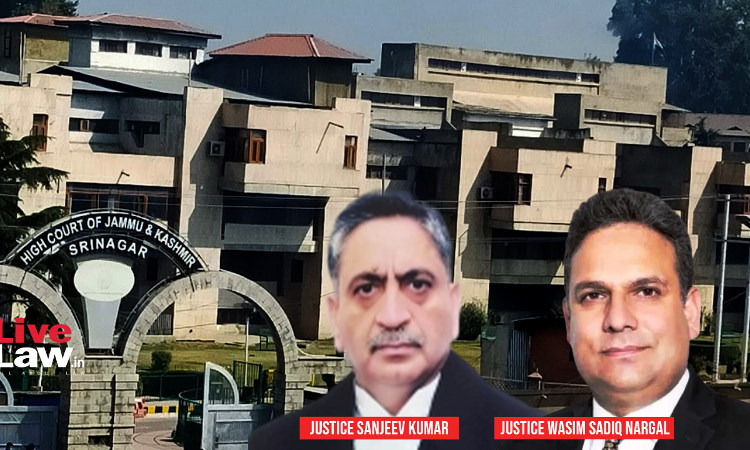J&K&L High Court Grants Relief To Citizen Aggrieved By Unauthorized Occupation Of Her Property By Govt Since 1958
Basit Amin Makhdoomi
29 Oct 2022 3:30 PM IST

State cannot plead adverse possession; doctrine of delay and latches, waiver and estoppel are not attracted, Court said.
Next Story


